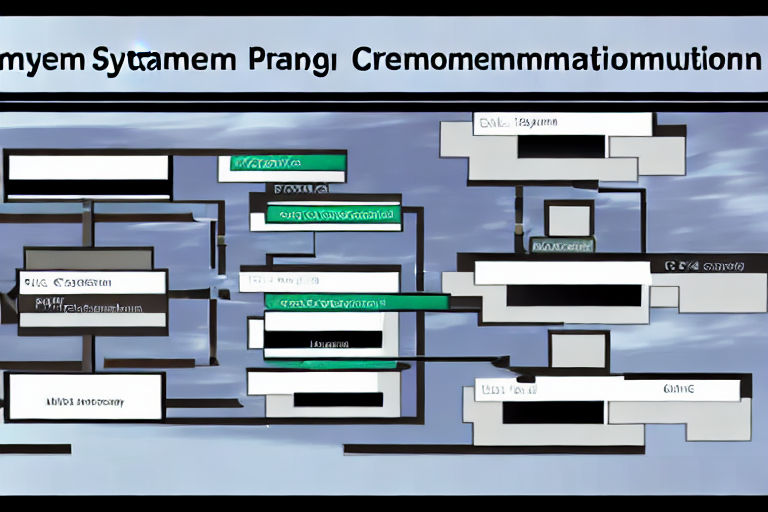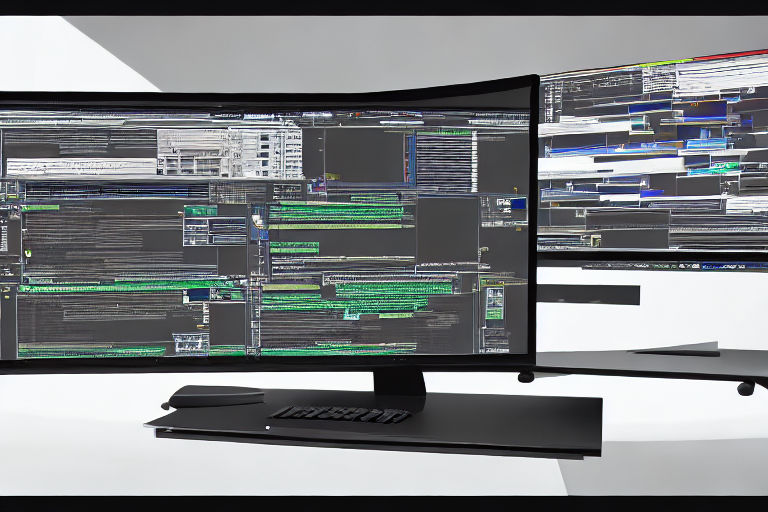The Benefits of Hardware Interaction in C++ System Programming
System programming is a programming paradigm that involves developing code that interacts directly with the hardware of a computer system. Many programming languages are used for system programming, but C++ is the most popular one because of its efficiency and versatility.
In C++ system programming, hardware interaction plays a crucial role in controlling and managing the resources of the system. Here are the benefits of hardware interaction in C++ system programming:
1. Efficient Memory Management
C++ system programming allows for efficient memory management by interacting directly with hardware. C++ system programmers use memory management techniques that include dynamic memory allocation, garbage collection, and memory pooling. These techniques require direct interaction with hardware to optimize performance and ensure proper memory usage.
2. Improved Performance
Direct hardware interaction in C++ system programming leads to improved performance. C++ can directly interact with hardware without going through the operating system, resulting in faster processing speed and less overhead. This makes C++ ideal for developing applications that require high performance.
3. Greater Control
Hardware interaction in C++ system programming provides greater control over system resources. C++ system programmers can directly access hardware resources such as RAM, hard drives, and network cards without relying on middleware. This allows for more extensive control of system resources, resulting in improved performance and greater efficiency.
4. Tailor-Made Solutions
C++ system programming provides tailor-made solutions for system-level operations. Direct interaction with hardware resources enables C++ to create custom-designed solutions that cater to specific system requirements. This results in applications that are more efficient and can better address unique system-level challenges.
5. Low-Level Access
C++ system programming provides low-level access to hardware resources, enabling the creation of software that interacts directly with hardware. This allows C++ system programmers to develop device drivers, firmware, and other low-level software components that interact with hardware resources directly.
In conclusion, hardware interaction is central to C++ system programming. It provides C++ system programmers with efficient memory management techniques, improved performance, greater control over system resources, the ability to create tailor-made solutions, and low-level access to hardware resources. C++ system programming is a powerful tool for developing efficient and effective system-level applications.





